Alternative medicine
Recent articles
Factors other than autism traits guide therapies for autistic children
Most autistic children in the Netherlands have used some sort of treatment, but the number, type and timing varies depending on considerations unrelated to their condition.
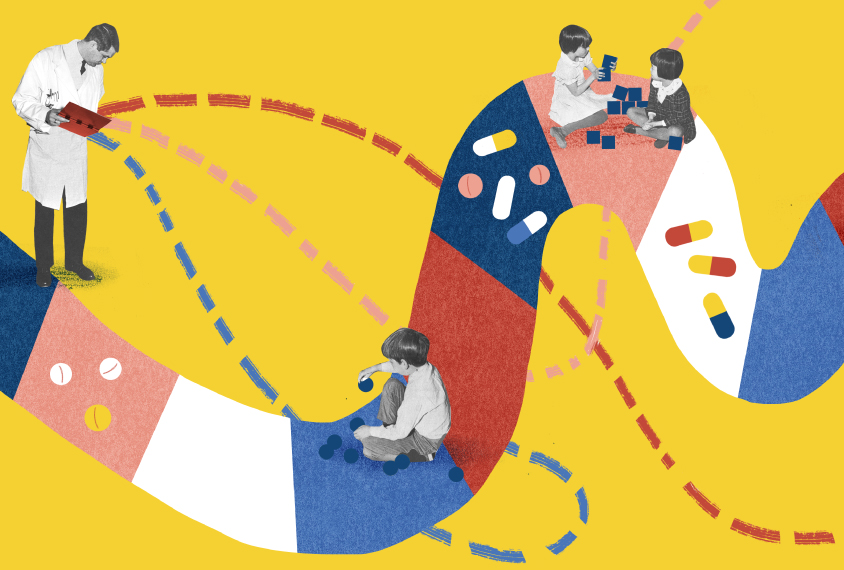
Factors other than autism traits guide therapies for autistic children
Most autistic children in the Netherlands have used some sort of treatment, but the number, type and timing varies depending on considerations unrelated to their condition.
Tripping over the potential of psychedelics for autism
Drugs such as LSD act primarily on the serotonin system, which is implicated in autism — and some autistic people who experiment with psychoactive compounds report enhanced social connections, among other benefits. But researchers have more questions than answers.
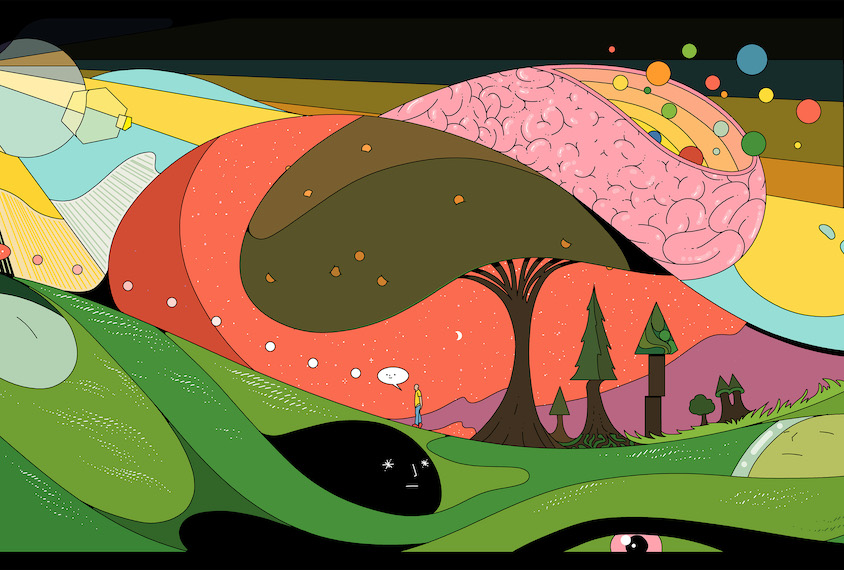
Tripping over the potential of psychedelics for autism
Drugs such as LSD act primarily on the serotonin system, which is implicated in autism — and some autistic people who experiment with psychoactive compounds report enhanced social connections, among other benefits. But researchers have more questions than answers.
Study finds little evidence to back cord-blood therapy for autism
An infusion of umbilical cord blood does not improve social skills in autistic children, according to results from the largest, most rigorous test of the therapy for autism to date.
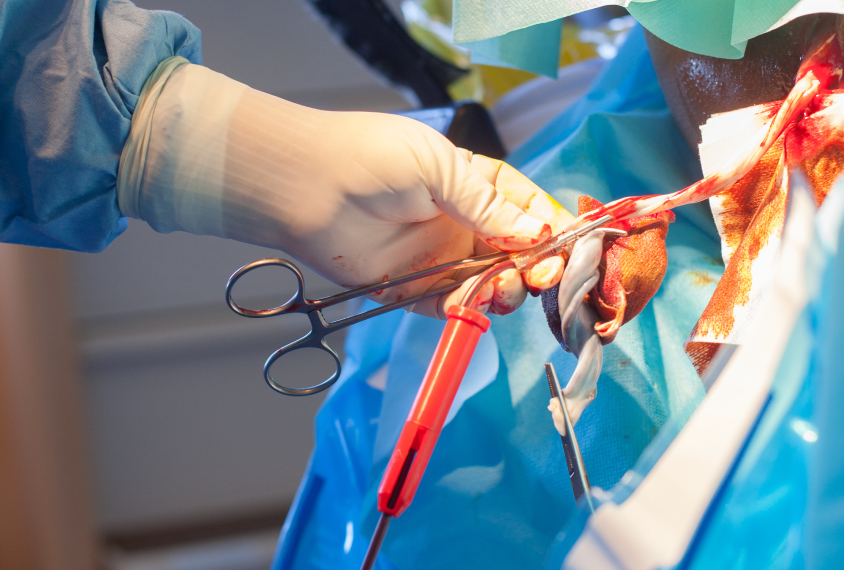
Study finds little evidence to back cord-blood therapy for autism
An infusion of umbilical cord blood does not improve social skills in autistic children, according to results from the largest, most rigorous test of the therapy for autism to date.
U.S. agency warns company marketing ‘stem cells’ for autism
Two agency letters put California-based Liveyon on warning and alert the public to the risks associated with stem-cell based therapies for autism.
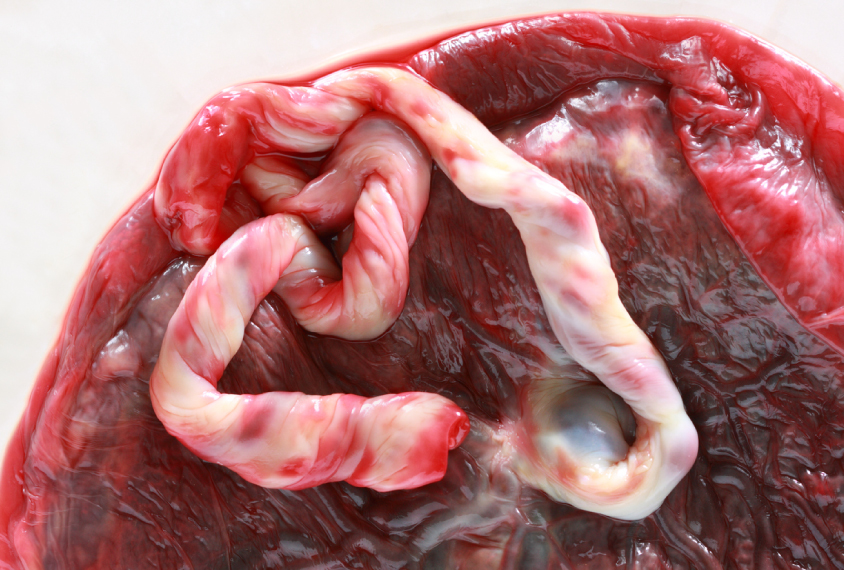
U.S. agency warns company marketing ‘stem cells’ for autism
Two agency letters put California-based Liveyon on warning and alert the public to the risks associated with stem-cell based therapies for autism.
Experts question rationale for stem cell trial for autism
Results from a new trial suggest that it's safe to treat autistic children with umbilical cord stem cells. But parents must pay for the pricey infusions, and no one knows how or if the cells work.
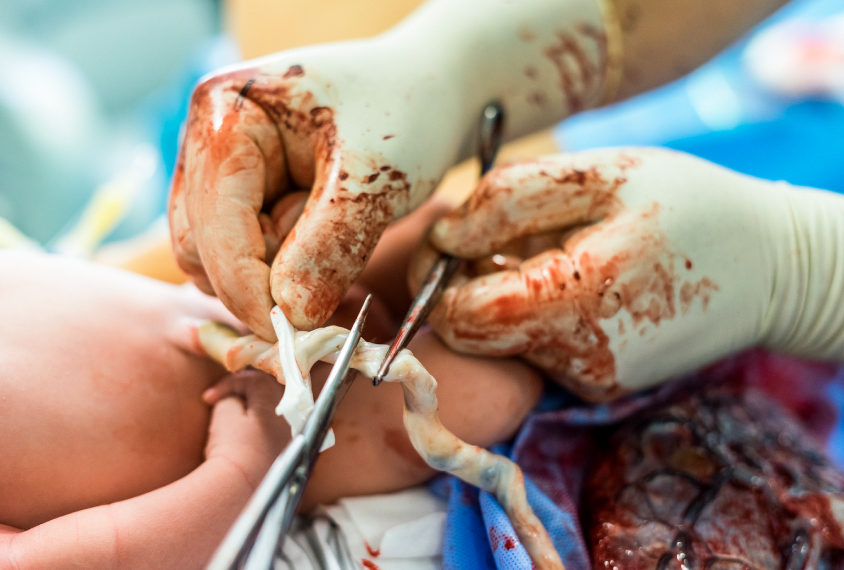
Experts question rationale for stem cell trial for autism
Results from a new trial suggest that it's safe to treat autistic children with umbilical cord stem cells. But parents must pay for the pricey infusions, and no one knows how or if the cells work.
Supplements, worms and stool: How families are trying to game the gut to treat autism traits
Scientists are playing catch-up as microbiome-based treatments for autism proliferate.
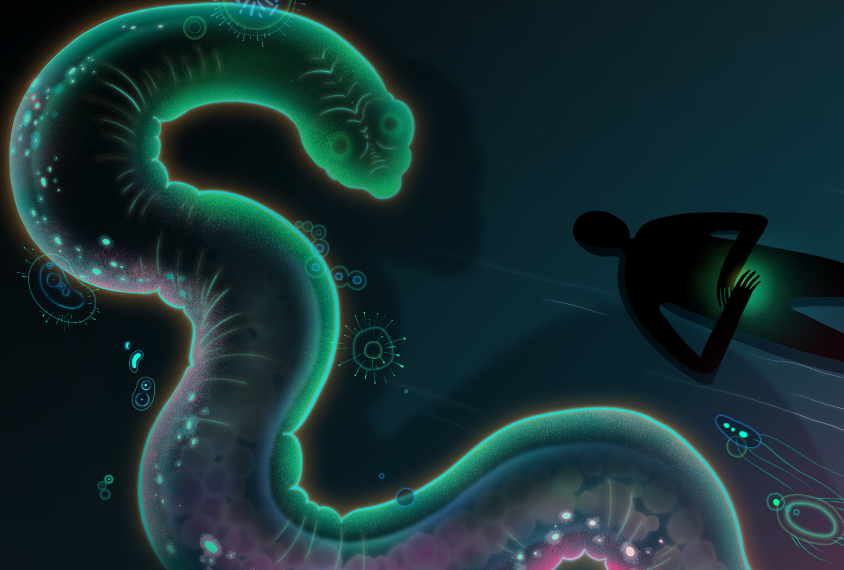
Supplements, worms and stool: How families are trying to game the gut to treat autism traits
Scientists are playing catch-up as microbiome-based treatments for autism proliferate.
Straightening out chiropractic’s claim as a treatment for autism
Some chiropractors advertise that they can treat autism, but there's no evidence to back that claim.
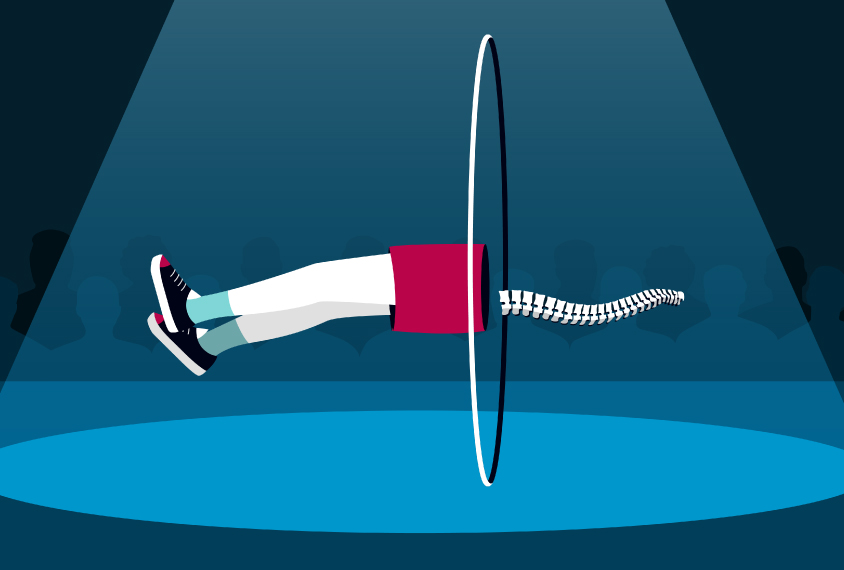
Straightening out chiropractic’s claim as a treatment for autism
Some chiropractors advertise that they can treat autism, but there's no evidence to back that claim.
False hope for autism in the stem-cell underground
Parents of autistic children are paying tens of thousands of dollars for stem cell therapies that often use medical waste. Despite the risks, regulators have been slow to act.

False hope for autism in the stem-cell underground
Parents of autistic children are paying tens of thousands of dollars for stem cell therapies that often use medical waste. Despite the risks, regulators have been slow to act.
Ecstasy ingredient touted as treatment for anxiety in autism
The active ingredient in the drug popularly known as ecstasy eases social anxiety in people with autism.
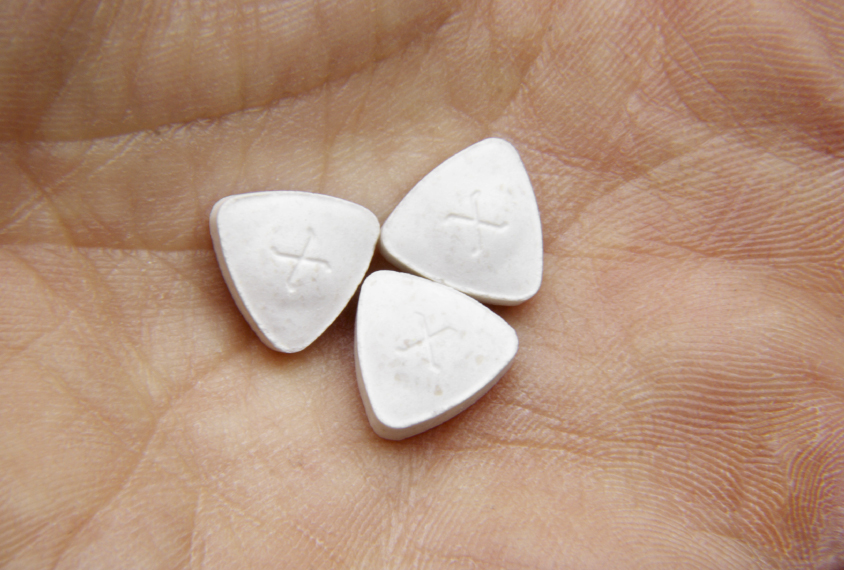
Ecstasy ingredient touted as treatment for anxiety in autism
The active ingredient in the drug popularly known as ecstasy eases social anxiety in people with autism.
New health handbook; evidence imbalance; social motivation and more
The latest manual of international disease codes is out, a franchise claims to have an autism cure, and two reports diverge on the validity of the social-motivation hypothesis.
New health handbook; evidence imbalance; social motivation and more
The latest manual of international disease codes is out, a franchise claims to have an autism cure, and two reports diverge on the validity of the social-motivation hypothesis.
Explore more from The Transmitter
During decision-making, brain shows multiple distinct subtypes of activity
Person-to-person variability in brain activity might represent meaningful differences in cognitive processes, rather than random noise.

During decision-making, brain shows multiple distinct subtypes of activity
Person-to-person variability in brain activity might represent meaningful differences in cognitive processes, rather than random noise.
Basic pain research ‘is not working’: Q&A with Steven Prescott and Stéphanie Ratté
Prescott and Ratté critique the clinical relevance of preclinical studies in the field and highlight areas for improvement.

Basic pain research ‘is not working’: Q&A with Steven Prescott and Stéphanie Ratté
Prescott and Ratté critique the clinical relevance of preclinical studies in the field and highlight areas for improvement.
Proposed NIH budget cut threatens ‘massive destruction of American science’
A leaked draft of a Trump administration proposal includes an approximately 40 percent cut to the National Institutes of Health’s budget and a major reorganization of its 27 institutes and centers.

Proposed NIH budget cut threatens ‘massive destruction of American science’
A leaked draft of a Trump administration proposal includes an approximately 40 percent cut to the National Institutes of Health’s budget and a major reorganization of its 27 institutes and centers.